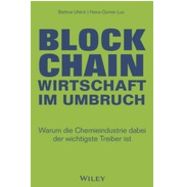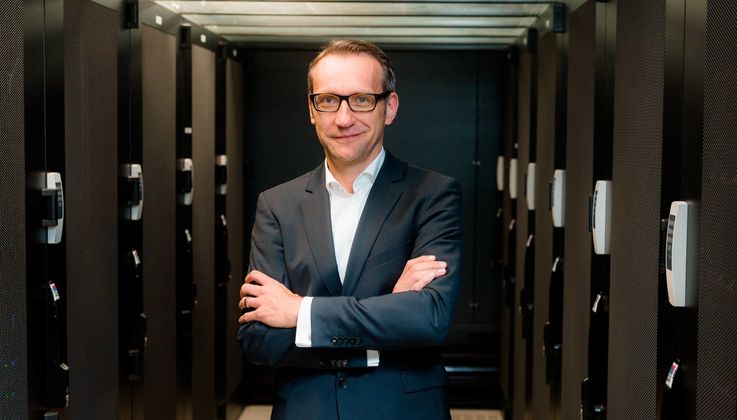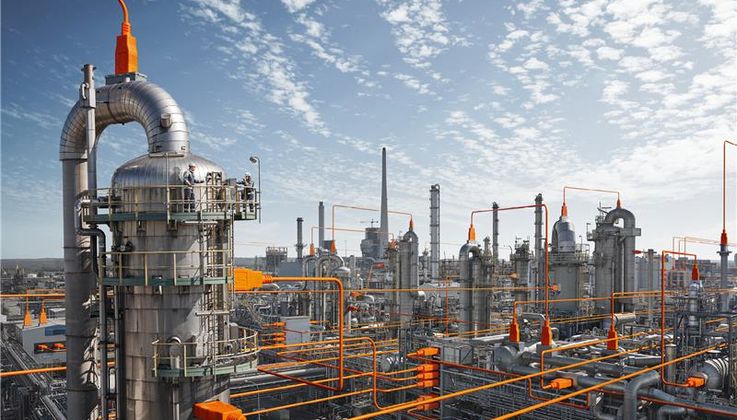
Why the chemical industry is driving the blockchain technology
Trusted supply relationships are playing an increasingly important role in the globally connected world. Blockchain technology could revolutionize these supply chains.
The business world is on the brink of radical change: until now, those who want to do business have had to rely on trust when dealing with business partners. With blockchain, this trust is replaced by knowledge, because the blockchain displays all facts relating to goods, payment transactions or transport in a forgery-proof manner in fully automated "smart contracts."
In the chemical industry, for example, blockchain can be used to track processed chemicals and thus ensure product quality for customers. From raw materials to manufacturing to the arrival of the goods at the customer's site - all supply chain data can be continuously tracked.
A blockchain is a continuously expandable list of data records, so-called "blocks," which are linked together by means of cryptographic processes. Each of these blocks receives a cryptographically secure "hash" of the previous block, a timestamp, and transaction data.
The chemical industry is one of the main drivers of blockchain technology. Heinz-Günther Lux, a digitization expert at Evonik, explains why: "First, because the chemical industry is developing tracer technologies, which are necessary to create digital representatives of physical objects that can be stored immutably in the blockchain." Second, because the chemical industry is at the beginning of many supply chains and deals with the entire manufacturing industry around the world, he said. "This global interconnectedness means that if the chemical industry adopts blockchain in its supply chain, the manufacturing industry on every continent will follow suit."
Evonik has already successfully completed the "Themis" pilot project with BASF and Commerzbank. The success also signals that the way is basically clear for the widespread introduction of this technology. "It's a revolutionary technology that will change our economy from the ground up," Lux is certain. For the supply chain to run fully automatically, however, not only the blockchain is needed, but also programmable money. In the pilot project, this is done by means of digital euros based on e-money via Commerzbank's cloud-based blockchain platform.
Speaking of money, blockchain is fundamentally changing that, too. But blockchain is not only turning money upside down, it is providing unmanipulable proof of the circular economy, enabling full automation of the supply chain, providing protection against industrial espionage, and preventing money laundering and corruption.
The human resources sector will also benefit from blockchain technology: "As boring, tedious and laborious standard tasks are eliminated, enormous freedom opens up for employees," explains Bettina Uhlich. Self-fulfillment on the job can now be achieved more easily, she adds: "Because the blockchain gives a lot of room for creativity. This is a great thing for the chemical industry, because creativity has always been very important for it. Many other industries can now benefit from it as well."

Evonik experts Bettina Uhlich and Heinz-Günter Lux explain in their book "Blockchain - Wirtschaft im Umbruch." (German only, English version planned) the disruptive economic change that comes with blockchain technology. Using specific examples from the chemical industry, which is playing a pioneering role here, they show the fundamental changes that are taking place in the economy.



